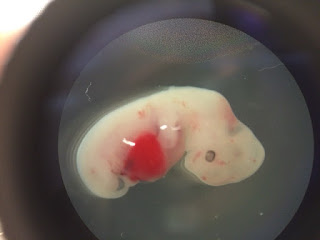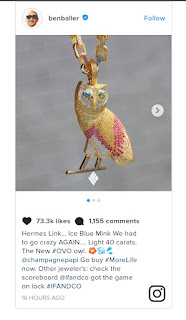Pig-human hybrid brings us closer to barnyard organ factories
Scientists have successfully created pig embryos that contain a small fraction of human cells, according to a study published Thursday in Cell.
The study, led by researchers at the Salk Institute in California, represents a significant step toward human-animal hybrids that could one day grow whole new human organs for transplant. Right now, the pig hybrids only contain about one human cell to 100,000 pig cells and were very tricky to make. And due to ethical guidelines, the researchers only let them develop for about a month. But researchers are optimistic that they’ll be able to tackle the technical—and ethical—challenges moving forward.
They certainly have a lot of hints that they’ll be successful.
To show that cells from two different species can share one body in harmony, the researchers also created mice with rat organs. They used a snazzy new genetic engineering tool called CRISPR/Cas9 to break a few genes in mouse embryos that dashed their ability to develop several organs properly, including the pancreas, heart, and eye. Next, the researchers injected the embryos with rat stem cells, then transferred the embryos into a mouse’s uterus to develop. The embryos developed into healthy animals with hybrid mouse-rat organs, the researchers found. In fact, the rat cells even developed into gall bladders in the mice, despite the fact that rats don’t have these organs. The animals all lived normal mouse lives of up to two years.
And another group led by researchers at Stanford reported this week that it too had created a mashup: a rat growing a mouse pancreas. The researchers used a similar technique as the Salk researchers, but they took the extra step to transfer pancreas cells from their hybrid rats to diabetic mice. The transplant restored insulin production and reversed the disease in the sick mice. That study, which provides a proof-of-principle for inter-species organ transplants, appeared Wednesday in Nature.
A four-week-old pig embryo injected with human pluripotent stem cells.


Comments
Post a Comment